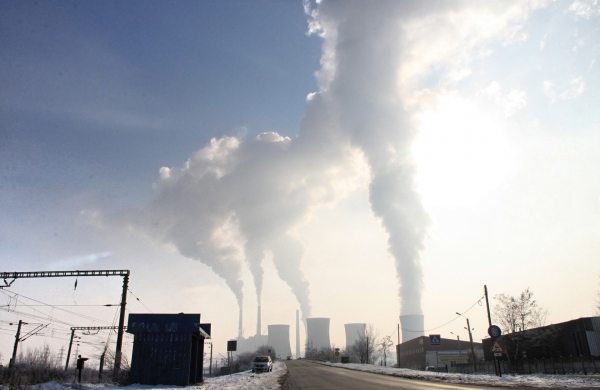Levels of carbon dioxide (CO2), methane and nitrous oxide, the three greenhouse gases emitted by human activity that are the most significant contributors to climate change, continued their historically high rates of growth in the atmosphere during 2022, according to NOAA scientists.
articles
To More Effectively Sequester Biomass and Carbon, Just Add Salt
Reducing global carbon dioxide emissions is critical to avoiding a climate disaster, but current carbon removal methods are proving to be inadequate and costly.
Sierra Squirrels Find Their Niche Amid a Changing Climate
As the climate changes, many species are expected to adjust where and how they live.
Scientists Uncover the Amazing Way Sandgrouse Hold Water in Their Feathers
Many birds’ feathers are remarkably efficient at shedding water — so much so that “like water off a duck’s back” is a common expression.
Spike in Major League Home Runs Tied to Climate Change
In the history of Major League Baseball, first came the low-scoring dead-ball era, followed by the modern live-ball era characterized by power hitters such as Babe Ruth and Henry “Hank” Aaron.
Warm Liquid Spewing From Oregon Seafloor Comes From Cascadia Fault, Could Offer Clues to Earthquake Hazards
The field of plate tectonics is not that old, and scientists continue to learn the details of earthquake-producing geologic faults.










